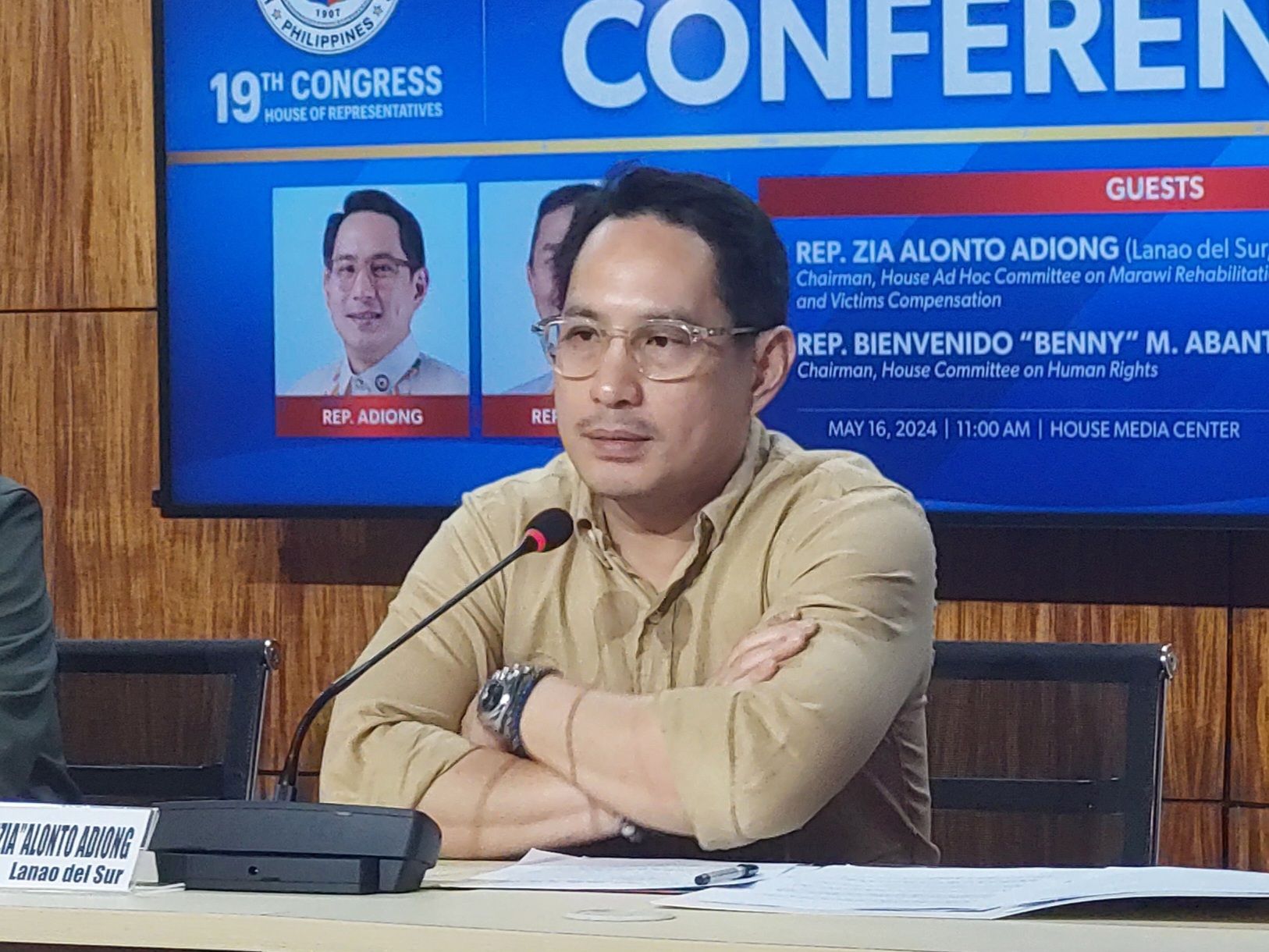Adiong hits alleged corruption in BARMM; says village execs 'woke up with P500,000' in their bank accounts
At A Glance
- Lanao del Sur 1st district Rep. Zia Alonto Adiong has raised concerns over the questionable use of funds from the Office of the Chief Minister (OCM) of the Bangsamoro Autonomous Region in Muslim Mindanao (BARMM) involving around P100 million.
 Lanao del Sur 1st district Rep. Zia Alonto Adiong (Ellson Quismorio/ MANILA BULLETIN)
Lanao del Sur 1st district Rep. Zia Alonto Adiong (Ellson Quismorio/ MANILA BULLETIN)
Lanao del Sur 1st district Rep. Zia Alonto Adiong has raised concerns over the questionable use of funds from the Office of the Chief Minister (OCM) of the Bangsamoro Autonomous Region in Muslim Mindanao (BARMM) involving around P100 million.
In a privilege speech during the marathon plenary session Tuesday, Jan. 28, that lapsed into Wednesday, Jan. 29, Adiong cited reports that the Land Bank of the Philippines (LBP) accounts of some 400 barangay officials in Lanao del Sur contained huge sums of money.
“More than 400 barangay officials of Lanao del Sur woke up with their LBP accounts containing money, ranging from P500,000 to as much as P2.5 million. Later, officers from BARMM OCM told them to withdraw a big chunk of the money and just leave P200,000 behind,” he bared.
Adiong disclosed that the money had been earmarked for what the officials dubbed as “special operations”. However, the officials themselves could not adequately explain what it was for.
“This is a grave and urgent matter that threatens the core principles of good governance, accountability, and the sacred trust placed in us by the people of the BARMM,” the assistant majority leader stressed.
Adiong suspects the funds could have been sourced from the local government support fund where a total of P6.3 billion has been allocated to BARMM under the Bangsamoro Autonomy Act 56, or the General Appropriations Act (GAA) of the Bangsamoro.
The Muslim legislator--one of the “Young Guns” in the lower chamber--argued that the Bangsamoro Budget Circular 10 (Series of 2024), along with the DBM Local Budget Circular 155 (Series of 2024), “provide specific guidelines for the release and utilization of the LGSF".
“This portion of both circulars was clearly not followed according to civil society watchdogs,” Adiong noted.
He added that the “circular (Bangsamoro) emphasizes the requirement for a Special Budget Request from Local Chief Executives before any funds are disbursed".
And as far as Adiong is concerned, the DBM circular regarding handling of such funds “includes both general and specific guidelines while the BARMM circular lacks specific guidelines for the release and utilization of LGSF".
“The BARMM version of the budget circular also pales in comparison to its national counterpart especially when it comes to transparency, just and equitable distribution, and reportorial requirements,” he noted.
“The allocation of such funds without formal requests or detailed implementation plans violates key provisions of the [GAA] and the Government Procurement Reform Act, which require strict adherence to budgeting and procurement processes,” Adiong pointed out.
“I call upon the leadership of BARMM, local government officials, and all stakeholders to work collaboratively in addressing these issues,” he said.
“Together, let us institute reforms that will safeguard public funds, strengthen accountability, and restore the confidence of our people in the government’s ability to serve their needs effectively and fairly,” Adiong said.